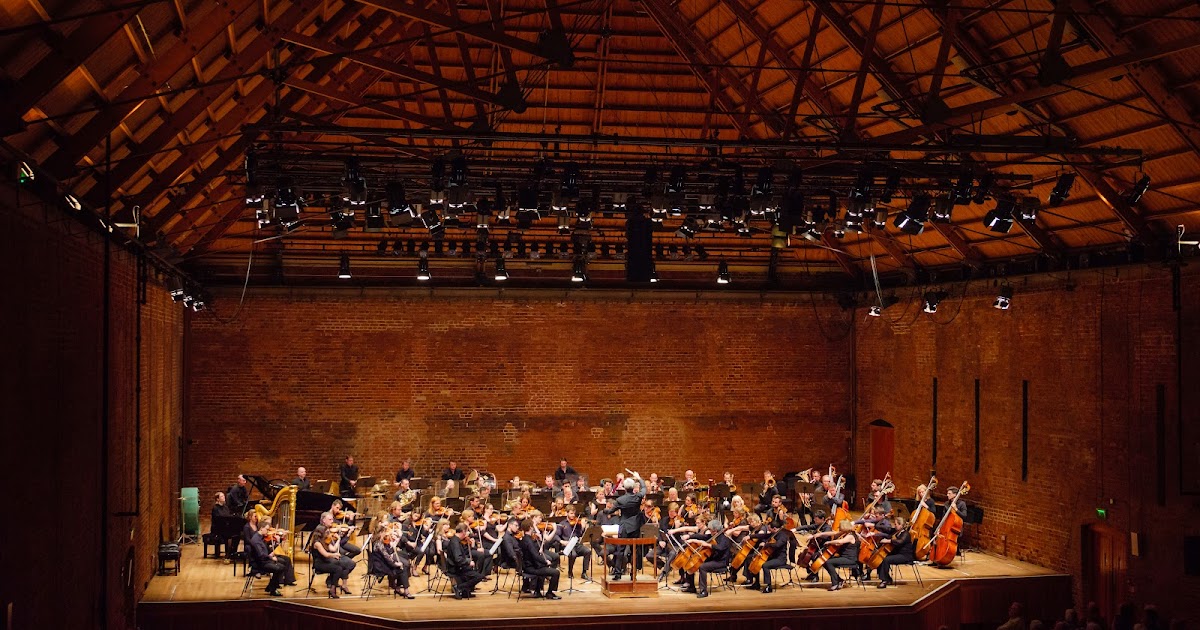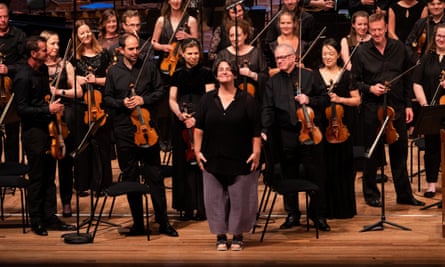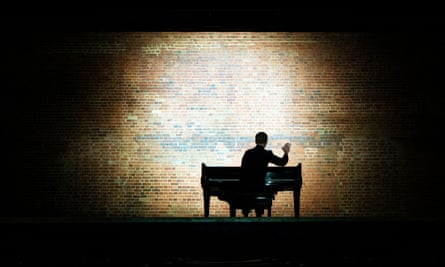Works by Sadie Harrison, David Horne, David Matthews, Michael Finnisy, Francisco Coll and Cassandra Miller were given their first performances over a captivating opening weekend
 New music featured prominently in the Aldeburgh festival’s opening weekend. And, given both the Britten legacy and the super-intent listening the Snape audiences afford such works, it’s clear that Aldeburgh’s platform continues to be of particular significance to composers.
New music featured prominently in the Aldeburgh festival’s opening weekend. And, given both the Britten legacy and the super-intent listening the Snape audiences afford such works, it’s clear that Aldeburgh’s platform continues to be of particular significance to composers.

The Kreutzer Quartet’s fundamental commitment to new music was palpable in their two recitals. In the four movements of Sadie Harrison’s The River Dreams of Winter, the descriptive flow inspired by the paintings of the Kreutzer’s first violinist Peter Sheppard Skærved made for even closer connections. But in this first public performance it was Harrison’s addition of a final movement reflecting on the death of George Floyd that made an emotional mark.
As though building up a head of steam, the quartet’s decision to place David Horne’s quintet, Different Ghosts, with clarinettist Linda Merrick, and David Matthews’ Quartet No 17 at the very end of their respective recitals was clever. They brought a fierce energy to these first hearings, present even in the evanescence of some of Horne’s sounds and in the vibrancy of Matthews’ string writing.

Not all premieres were of living composers. Exaudi sang songs by Orlando Gibbons, arrangements by their director James Weeks, delivered with the fantastic flair that is the Exaudi’s gift, as was Michael Finnissy’s extraordinary Cipriano and the touching encore, a first performance of his Reges Tharsis. In the BBC Philharmonic Orchestra’s concert under John Storgårds, the novelty was composer Francisco Coll’s wonderfully idiomatic arrangement of Manuel de Falla’s Fantasía Bética written originally for pianist Arthur Rubinstein. Featured composer Cassandra Miller’s propensity is for using “found” musical material and the sound of the Genovese Trallalero singing was the starting point of her piece La Donna. The initial element of the BBC Philharmonic’s brass braggadocio was arresting but, in this quarter-of-an-hour score, it was the languid winding down of the last minutes, like an old gramophone gradually running out of steam, whose effect was quietly captivating.

Pianist Pavel Kolesnikov’s artistry is consummate, but he is also a thinker, always questioning and pushing boundaries. Inspired by the artist Joseph Cornell’s Celestial Navigation, his performance had no premieres, but it offered a remarkable first in terms of his approach to presenting music, a collaboration involving light and design from architect Sophie Hicks with text curated by Martin Crimp. In a darkened Snape Maltings, with the evocative projections of sun and moon seen on the back wall – its proportions mirroring the box in which Cornell created his piece – sequences of music by Couperin, Messiaen, Chopin, Thomas Adès and later Schubert were simply mesmerising. With his back to the audience – no trace of ego but some gestures catching the light to give a more theatrical feel than usual – Kolesnikov’s playing was exquisite.


An opera to start is de rigueur. It is a shame that these are no longer full-length operas staged in the main Snape Maltings, but the smaller Britten Studio has hosted an almost unbroken series of successful chamber-sized operas, so maybe the venue is blessed. No two have been remotely the same and Sarah Angliss’s Giant proved to be another one-off. It tells the story of the 18th-century “Irish giant”, Charles Byrne. His dying wish was that his body would not be put on public display, but an unscrupulous physician arranged to have it stolen before the funeral.
The opera, 80 minutes straight through, includes roles for the physician and Byrne’s manager, who exhibits him like a freak show, both written with a sharp ear by librettist Ross Sutherland. Their rapacious, down-to-earth attitudes contrast with the almost noble characterisation of Byrne, who was said to be a gentle soul, an easy target for exploitation. A look at Angliss’s spare musical score, with its tinkling percussion, ethereal string chords and distant pre-recorded sounds, might suggest that it could never fit a story of such dark realism. Instead, the two complement each other. The otherworldly music adds an extra layer, questioning, uneasy, timeless, that elevates the issues involved to a higher level. Casting the giant cannot be easy, but Karim Sulayman, perched on six-inch heels, looked convincing and captured Byrne’s sensitivity. Jonathan Gunthorpe and Gweneth Ann Rand created vivid characters out of the physician and manager, not only singing well, but delivering spoken text with uncommon skill. Héloïse Werner, Melanie Pappenheim and Steven Beard completed a fine cast, very well directed by Sarah Fahie and played by a small ensemble, led by Ben Smith at the keyboard.
